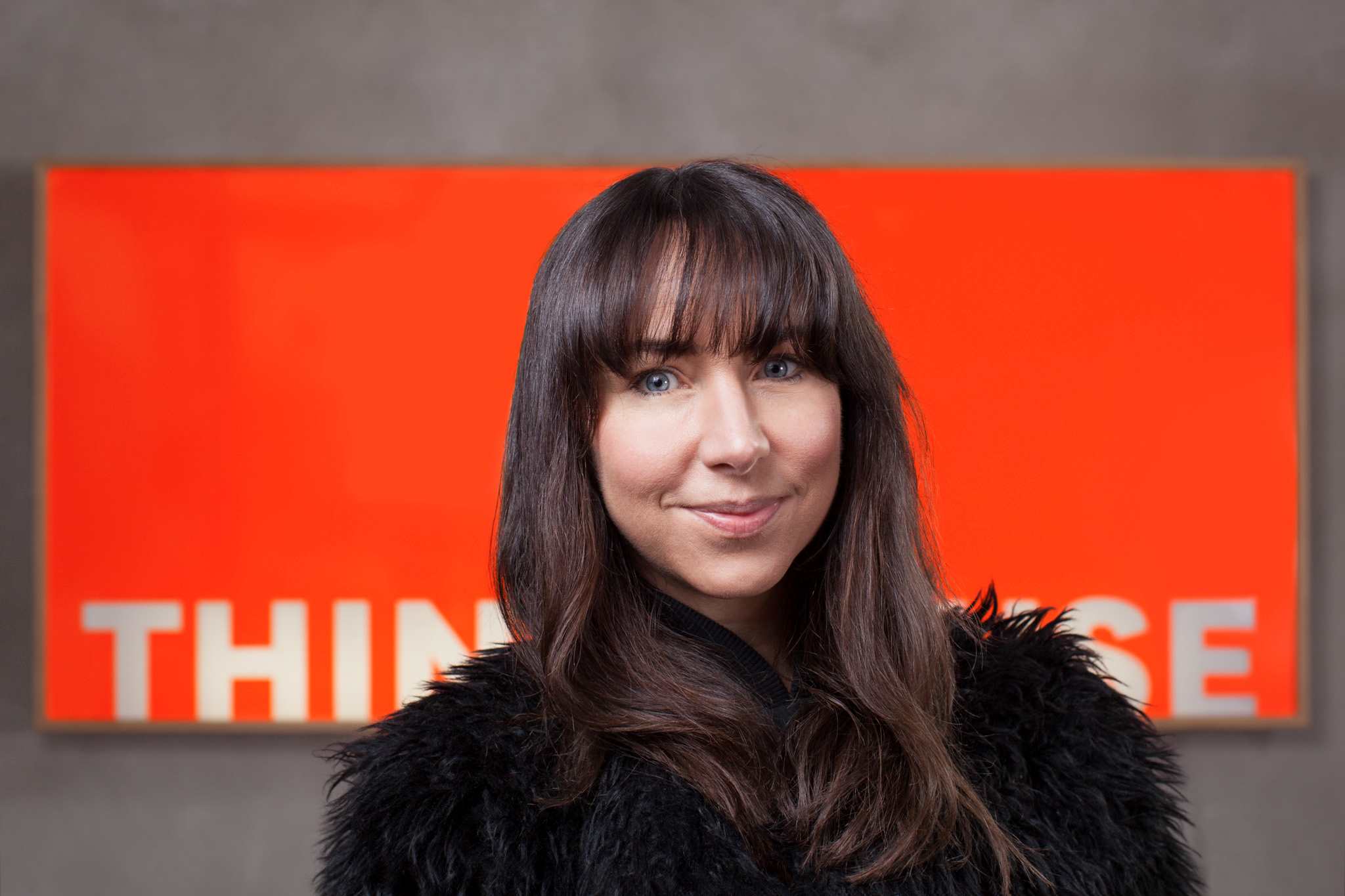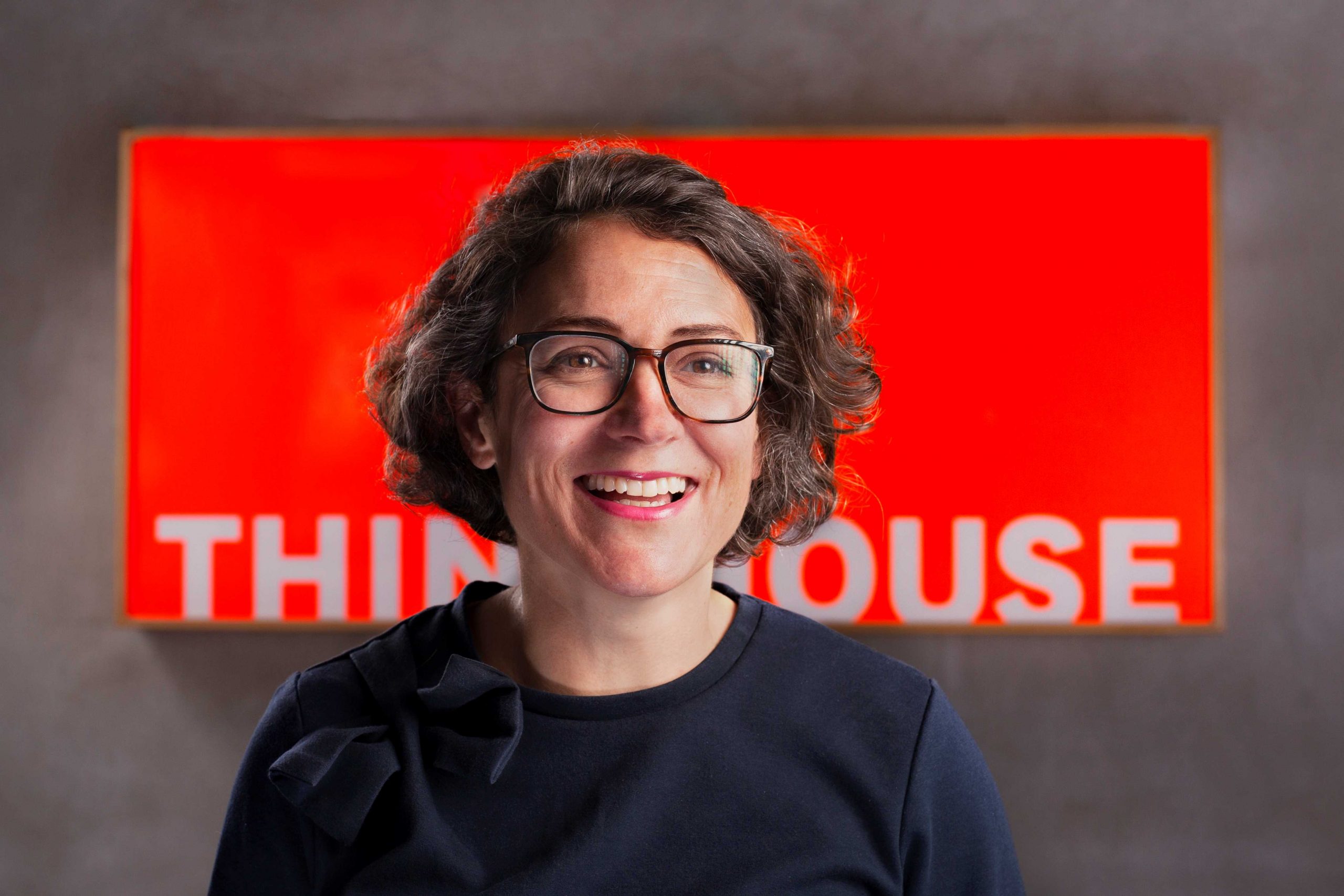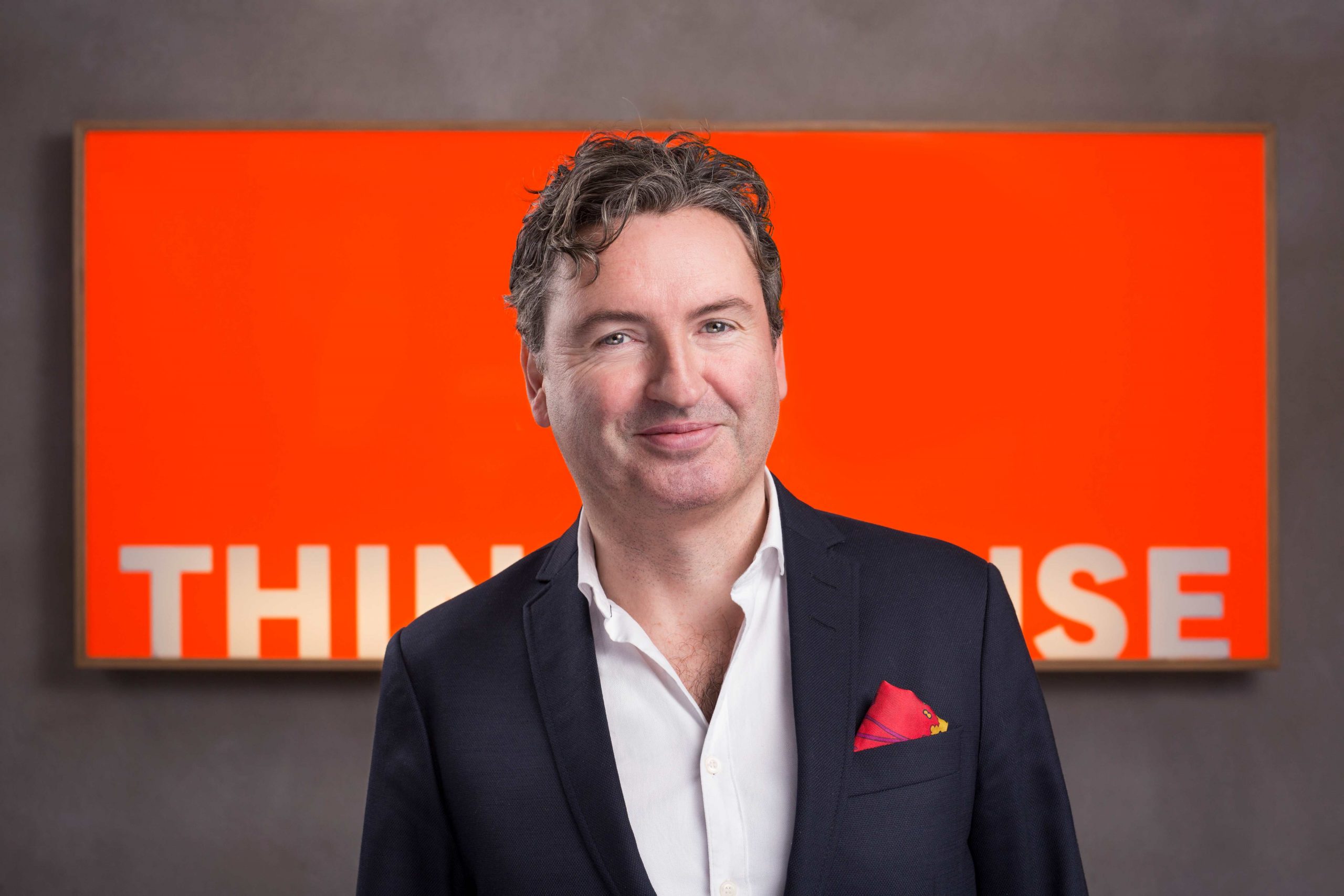
The Dublin-based Thinkhouse has been awarded a B Corp certification, the internationally recognised standard that has pioneered new ways of doing business.
Businesses that receive B Corp certification commit to high standards of accountability, transparency, and work to deliver continuous social and environmental improvements. In addition, B Corps are also legally committed to bringing benefit not just to shareholders, but all business stakeholders including employees, customers, communities, and the environment.
First set up in 2006, the B Corp movement has 7,400 certified companies around the world. In Ireland, the movement is still at a very early stage with just 20 companies receiving B Corp certification, including Danone, Baileys and Strong Roots.
Internationally companies like Patagonia, Ben & Jerry’s, Tony Chocolonely, Etsy, WeTransfer, The Body Shop, Innocent Drinks, Allbirds, and The Guardian are amongst some of the better known companies to have received the certification.
In the advertising and marketing world, agencies like Weiden + Kennedy network, Havas New York, Dept, Manifest, Barkley and Elvis have also been certified as B Corps.
B stands for Benefit for all and, as a B Corp, THINKHOUSE joins a global community of businesses that are pioneering a new way of doing business, committing to high standards of accountability, transparency and working to deliver continuous social and environmental improvements.

“A Herculean effort was made by the team to get to this point,” says Claire Hyland, head of The Youth Lab, Thinkhouse.
“The B Impact Assessment was a stringent and detailed process that forced us to document and record many of the positive contributions we make through our work; both independently, with partners and in collaboration with our clients.
“We work with progressive brands that care about people and planet and this certification is a validation of our commitment and credibility in this space, and a tribute to our clients who seek to improve their own social and environmental outcomes,” she says.
“Together, with them we’re here to make business a force for good and ensure that alongside profit; people and planet can thrive. And as all B Corps know, first-time certification is just a benchmark for a journey of continuous improvement.”
“We’re really excited to welcome Thinkhouse into the B Corp community,” says James McManus, director B Lab Ireland, the organisation charged with growing the B Corp community.
“They are demonstrating real leadership in the marketing sector and we hope that others will follow. The company really exemplifies what it means to be a B Corp and its commitment to ‘working with brands and businesses that care about people and planet’ is evident in the work they do and organisations they partner with,” he says.
David Coyle, head of commercial operations, Thinkhouse adds: “Without doubt, it is a big undertaking for any company, but the benefits are widely documented. Being a B Corp means being part of a community of businesses that are outperforming ‘business as usual’ across multiple metrics including, but not limited to reputation, employee attractiveness, revenue and growth.”

Coyle points out that EU B Corps have achieved an impressive 22% annual increase in revenue between three-year certification periods and that B Corp entities are also pro-profit. “Without margin there is no mission. The goal is to find a sweet spot that promotes sustainability and social benefit while still making money,” he says.
“Becoming a B Corp is such a Thinkhouse thing to do,” adds Jane McDaid, founder of Thinkhouse.
“It’s about putting in immense effort into something that we know actually matters, even if it’s not ‘what the industry does’ yet. For years, we’ve been very inspired by the B Corp clients we’ve worked with including Ben & Jerry’s, Tony Chocolonely and innocent drinks,” she adds.
“Their worldview has always been a strong match for ours. Being part of this international community brings enormous opportunity to us, and our client network. I think it’s no longer good enough to aim to be ‘the best in the world’, but instead we must also aim to be the ‘best for the world,” she concludes.




















